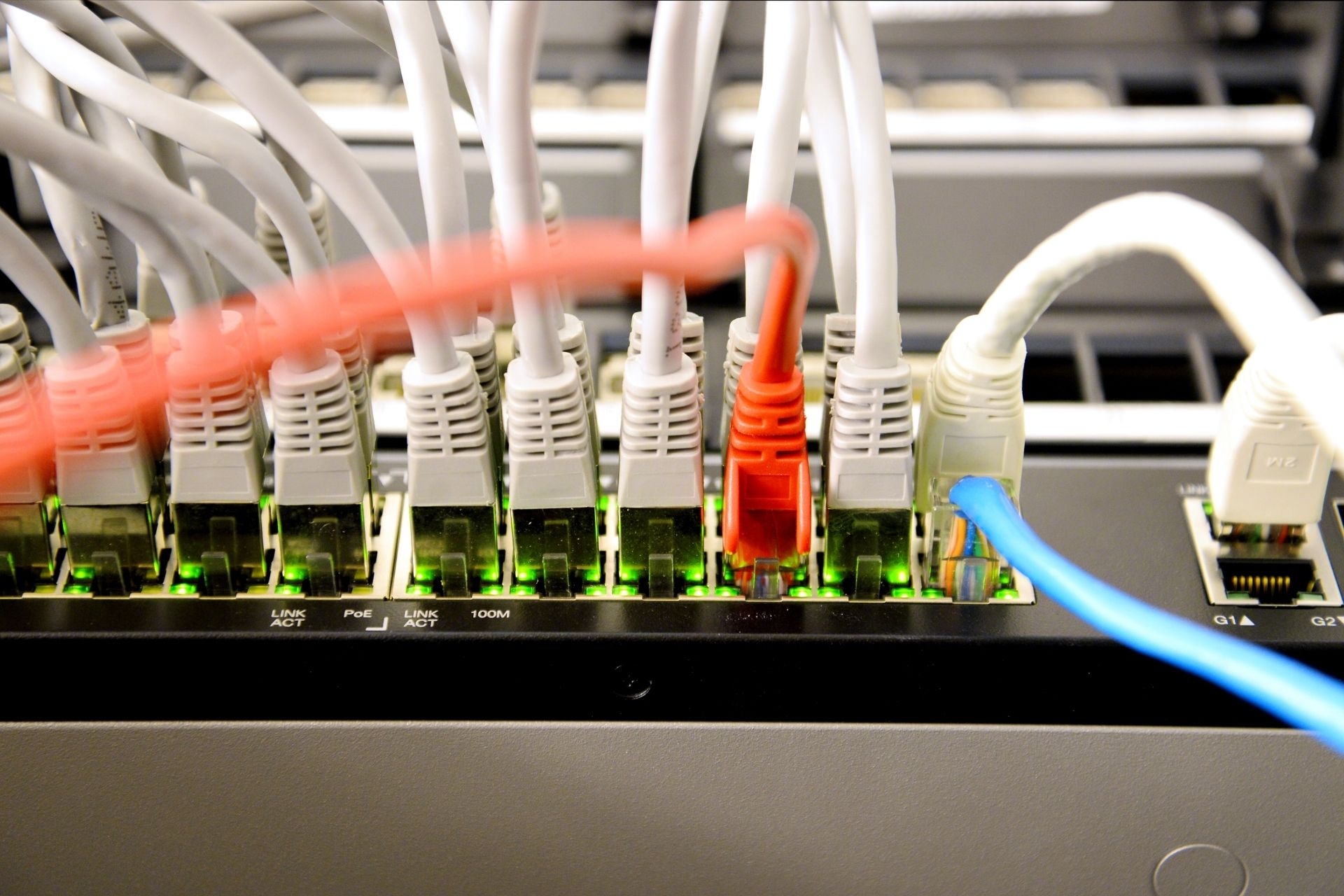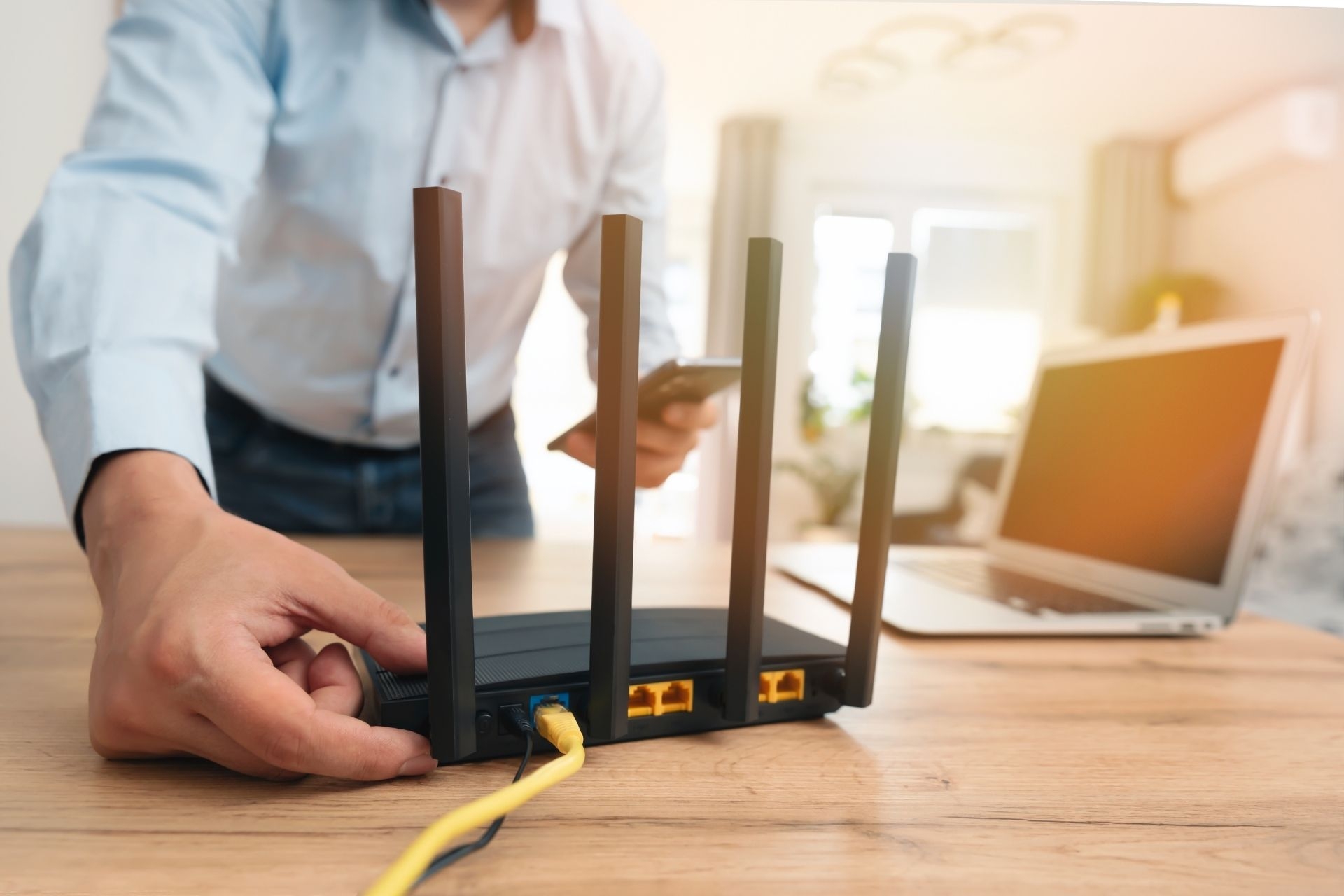Wi-Fi Extenders
How can a Wi-Fi extender improve signal strength in a multi-story home?
A Wi-Fi extender can improve signal strength in a multi-story home by receiving the existing Wi-Fi signal from the router and then re-broadcasting it to areas where the signal may be weak or non-existent. This helps to extend the coverage of the Wi-Fi network to different floors of the house, ensuring a more consistent and reliable connection throughout the entire home.







